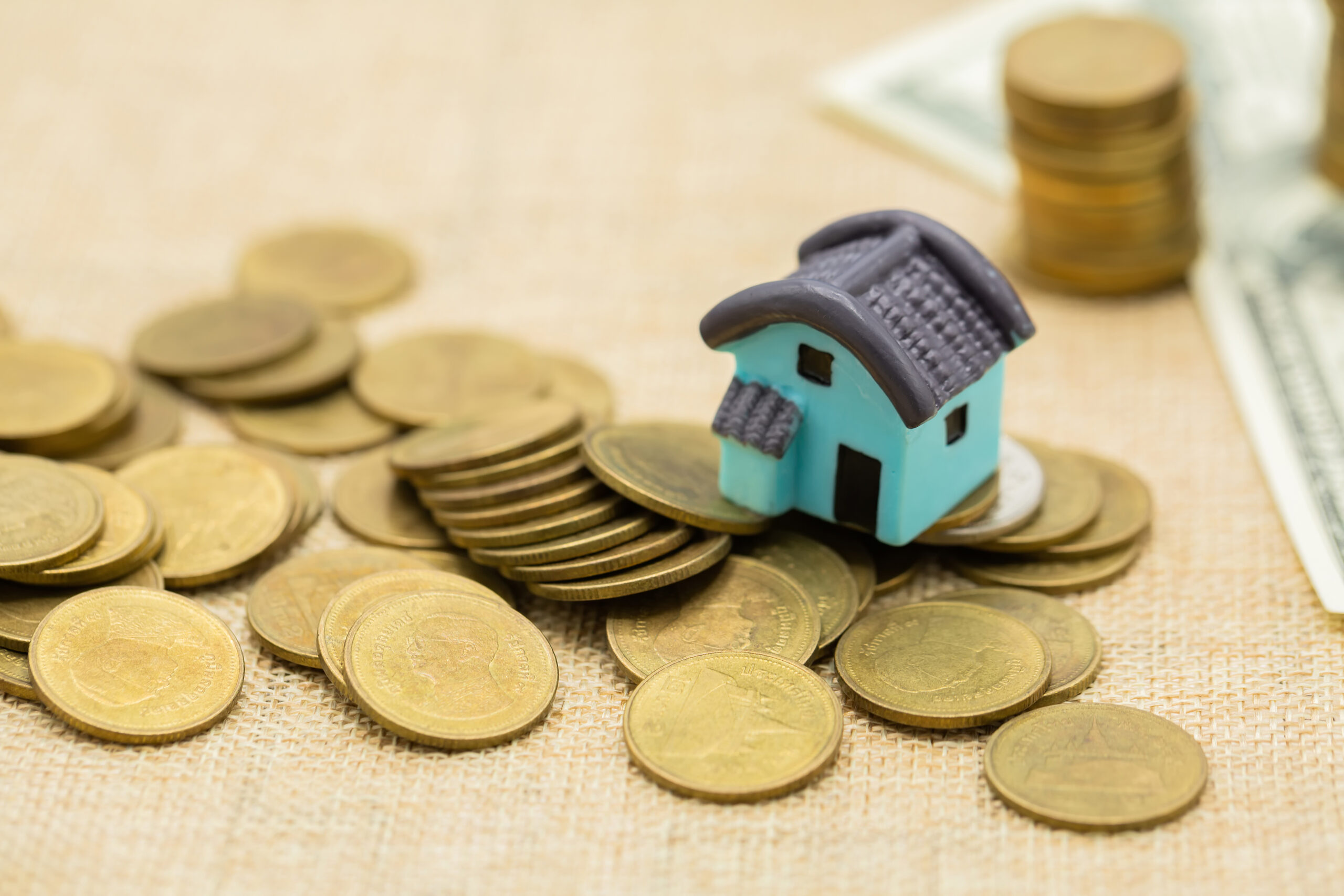Achieving financial independence is a goal that many aspire to, but few truly understand how to attain. One of the most significant milestones on this journey is paying off your mortgage.
For most homeowners, a mortgage is the largest debt they will ever carry, and eliminating it can provide a profound sense of security and freedom.
In this article, we’ll explore the concept of financial independence through mortgage payoff, the benefits of paying off your mortgage early, and strategies to accelerate your journey to becoming mortgage-free. We’ll also discuss how to balance mortgage payoff with other financial goals, such as investing, and provide practical tips to help you avoid common pitfalls along the way.
Understanding Financial Independence and Mortgage Freedom
Financial independence is the state of having sufficient personal wealth to live without needing to work actively for basic necessities. For many, this means having enough savings, investments, and passive income streams to cover living expenses indefinitely. While there are many paths to financial independence, paying off your mortgage is a cornerstone of this journey.
Why? Because your home is likely your most significant asset and liability. Owning your home outright eliminates a major monthly expense, reduces financial stress, and frees up cash flow for other goals, such as investing, traveling, or pursuing passions. Mortgage freedom is not just about eliminating debt—it’s about gaining control over your financial future.
Imagine a life where you no longer have to worry about monthly mortgage payments. Instead, you can redirect that money toward building wealth, enjoying life, or even retiring early. Sounds appealing, doesn’t it? If you’re ready to explore how to achieve this, keep reading.
The Benefits of Paying Off Your Mortgage Early

Paying off your mortgage early offers a host of benefits that extend beyond just financial savings. Here are some of the most compelling reasons to consider accelerating your mortgage payoff:
- Interest Savings: Mortgages are long-term loans, and the interest you pay over 15, 20, or 30 years can add up to tens or even hundreds of thousands of dollars. By paying off your mortgage early, you can save a significant amount in interest payments.
- Increased Cash Flow: Once your mortgage is paid off, you’ll have more disposable income each month. This extra cash can be used to invest, save for retirement, or enjoy life’s luxuries.
- Peace of Mind: Owning your home outright provides a sense of security and stability. You won’t have to worry about losing your home in the event of job loss or economic downturns.
- Financial Flexibility: Without a mortgage payment, you’ll have more flexibility to pursue other financial goals, such as starting a business, traveling, or helping family members.
- Protection Against Recessions: A paid-off home can serve as a financial safety net during tough economic times. You’ll have one less major expense to worry about, allowing you to weather financial storms more easily.
If you’re intrigued by these benefits, you’ll want to explore strategies to accelerate your mortgage payoff. But before we dive into those, let’s take a moment to consider a unique approach that could help you pay off your mortgage in just 5-7 years—without changing your income or expenses.
Learn more about this little-known strategy here.
Strategies to Accelerate Your Mortgage Payoff
Paying off your mortgage early requires a combination of discipline, strategy, and sometimes creativity. Here are some proven strategies to help you achieve mortgage freedom faster:
1. Make Biweekly Payments
Instead of making one monthly payment, consider splitting it into two biweekly payments. This simple change can result in one extra full payment each year, reducing your loan term and saving you thousands in interest.
2. Round Up Your Payments
Rounding up your monthly payment to the nearest hundred dollars can make a big difference over time. For example, if your payment is $1,475, round it up to $1,500. The extra $25 may seem small, but it adds up over the life of the loan.
3. Make Lump-Sum Payments
If you receive a bonus, tax refund, or inheritance, consider using a portion of it to make a lump-sum payment toward your mortgage principal. This can significantly reduce your loan balance and shorten your payoff timeline.
4. Refinance to a Shorter Term
Refinancing from a 30-year to a 15-year mortgage can help you pay off your loan faster and save on interest. However, this strategy works best if you can afford the higher monthly payments.
5. Use a Mortgage Payoff Accelerator Program
Some programs and strategies are designed specifically to help homeowners pay off their mortgages faster. For example, this exclusive interview with a former mortgage lender reveals a little-known alternative strategy that can turn your home into a “private bank,” creating passive cash flow and protecting against recessions.
How Extra Payments Can Save You Thousands
One of the most effective ways to accelerate your mortgage payoff is by making extra payments. Even small additional payments can have a significant impact over time. Here’s why:
- Reduced Interest: Extra payments go directly toward your principal balance, reducing the amount of interest you’ll pay over the life of the loan.
- Shorter Loan Term: By paying more than the minimum, you can shorten your loan term by several years, freeing yourself from debt sooner.
For example, let’s say you have a $300,000 mortgage at 4% interest with a 30-year term. By paying an extra $200 per month, you could pay off your loan nearly 8 years early and save over $50,000 in interest. That’s a substantial return on a relatively small additional investment.
If you’re curious about how much you could save by making extra payments, consider using a mortgage calculator or exploring this resource for more insights.
Weighing Mortgage Payoff vs. Investing: What’s Right for You?
While paying off your mortgage early has clear benefits, it’s important to consider whether it’s the best use of your money. For some, investing may offer a higher return than the interest saved by paying off a low-rate mortgage. Here’s how to weigh the two options:
Pros of Paying Off Your Mortgage Early
- Guaranteed return (your mortgage interest rate)
- Emotional and psychological benefits
- Reduced financial risk
Pros of Investing
- Potential for higher returns
- Liquidity (you can access your money if needed)
- Diversification of assets
Ultimately, the right choice depends on your financial goals, risk tolerance, and current interest rates. A balanced approach—where you allocate some funds to mortgage payoff and some to investing—may be the best solution for many.
If you’re unsure which path is right for you, this exclusive interview offers valuable insights into how to balance mortgage payoff with other financial strategies.
Smart Budgeting Tips to Free Up Cash for Mortgage Payments
Accelerating your mortgage payoff often requires finding extra money in your budget. Here are some practical tips to help you free up cash:
- Cut Discretionary Spending: Review your monthly expenses and identify areas where you can cut back, such as dining out, entertainment, or subscriptions.
- Automate Savings: Set up automatic transfers to a dedicated mortgage payoff account. This ensures you’re consistently setting aside money for extra payments.
- Increase Your Income: Consider taking on a side hustle, freelancing, or selling unused items to generate extra income.
- Downsize or Rent Out Space: If feasible, downsizing to a smaller home or renting out a room can provide a significant financial boost.
Avoiding Common Pitfalls When Paying Off Your Mortgage Early
While paying off your mortgage early is a worthy goal, it’s important to avoid common mistakes that could derail your progress:
- Neglecting Emergency Savings: Before making extra mortgage payments, ensure you have an emergency fund to cover unexpected expenses.
- Ignoring Higher-Interest Debt: Focus on paying off high-interest debt, such as credit cards, before tackling your mortgage.
- Overextending Yourself: Don’t sacrifice your quality of life or other financial goals in pursuit of mortgage freedom. Balance is key.
Life After Mortgage Payoff: Maximizing Financial Freedom
Once you’ve paid off your mortgage, a world of financial opportunities opens up. Here’s how to make the most of your newfound freedom:
- Invest for the Future: Redirect your former mortgage payments into investments to build long-term wealth.
- Pursue Your Passions: Use your extra cash flow to travel, start a business, or support causes you care about.
- Give Back: Consider helping family members or donating to charities.
Ready to Take the Next Step?
Paying off your mortgage early is one of the most powerful steps you can take toward financial independence. Whether you choose to make extra payments, refinance, or explore alternative strategies, the key is to take action today.
If you’re ready to learn more about how to pay off your mortgage in just 5-7 years—without changing your income or expenses—check out this exclusive interview with a former mortgage lender. It’s packed with insights and strategies that could transform your financial future.
By following the strategies outlined in this article, you can take control of your financial destiny and achieve the peace of mind that comes with mortgage freedom. Remember, the journey to financial independence begins with a single step. Why not take that step today?
Affiliate Disclaimer: BestMortgages.co may include affiliate links, which allow us to earn a small commission when you make a purchase through them. This helps support our site at no extra cost to you. Thank you for your support!




0 Comments